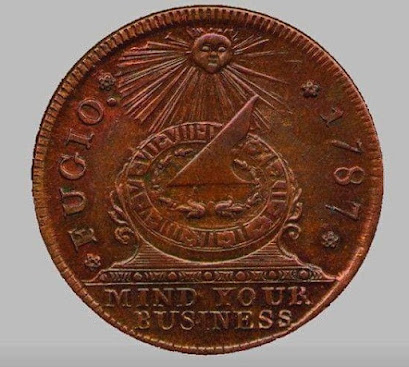Serious flaws in manufacturing result in a product that's unusable, but smaller flaws may only represent an inconvenience.
— Fred Decker
To err is human, I understood; but to sell errors was—cheesy.
Six decades later, I'm less critical of manufacturers and retailers who monetize boo-boos. After all, caveat emptor.
I also accept another brute fact of life: we're all ourselves factory seconds.
Something went seriously amiss in quality control the day they released each of us into the world.
And when someone neglects or disappoints or crosses me, I try to take a deep breath and remind myself, "he's flawed, yes; but his flaws only represent an inconvenience."









